At the end of last week, at an AI event in California, Elon Musk unveiled his latest project: a humanoid robot called Optimus. Optimus wobbled onto the small stage like a contestant in Stars In Their Eyes: ‘Tonight, Matthew, I’m going to be a 1970s idea of what a robot butler would look like if he’d been at the sherry.’
Musk told his bemused audience that this was the first time Optimus had walked anywhere without a tether, and admitted he was relieved it hadn’t fallen over – but assured them that the moment heralded ‘a fundamental transformation of civilisation as we know it’. He promised that one day not too far into the future millions of these robots would roll off Tesla’s production lines at a consumer cost of around $20,000 (£18,000).
What caught my attention was not the scale of Musk’s ambition nor the ludicrousness of his hype, but what he chose to call his new invention. Unless I guess wrong, the name is intended as a tribute to Optimus Prime, leader of the valiant Autobots in the kids’ toy and cartoon franchise from the 1980s. He is hoping to transform global civilisation by becoming the Henry Ford of intelligent robots – and he can’t resist a playground callback. That is Elon Musk all over. It’s savvy marketing – he’s Not Like Those Other Squares – but it’s a bit more than that.
My kids are currently obsessed with a YouTuber called Mr Beast. Mr Beast’s schtick, essentially, is to combine being very rich with being very juvenile. If you’re a friend of Mr Beast, you’re liable to come home from work one day and find that your entire house has been filled with elephant toothpaste, but it’s okay because – psych! – he’s built you a new house and there’s a brand new Lambo in the driveway. The business model of his YouTube channel remains a bit of a mystery to me, I admit. Most of the episodes end with him giving away suitcases full of cash to the victors in Minecraft challenges. There can’t be that much money in YouTube ads, can there? But I digress.
The thing that was bugging me about Mr Beast, I realised not long ago, is that he reminds me of nobody so much as Elon Musk. If Mr Beast had billions instead of just millions, I absolutely bet he too would have thought it was a gas to shoot a red convertible into outer space with a David Bowie tune on a loop in the car stereo. Mr Beast’s frivolity – and the magnificent feedback loop through which he turns frivolity into money and money back into frivolity again – is Elon Musk writ small.
Each age gets the tycoons it deserves. The Robber Barons of the Gilded Age were industrialists. They poured steel or built railways. They created and were created by a material economy. The Gordon Geckos of the 1980s were the avatars of deregulated financial markets, where more and more people were making money out of money itself.
And now you get someone like Musk – who emerges from and is sustained by the meme economy, where money (or, at least, value) is all about what used to be called ‘teh lulz’. As Marx warned us, everything that is solid melts into air.
The meme economy isn’t a sideshow. The social media giants, which are sustained by clickbait silliness and random libels, are among the biggest companies on earth. The crypto market – think of all those crazies with glowing eyes in their social media avatars urging you to ‘hodl’ — is what happens when money itself gets the meme treatment. Dogecoin, which started out as a spoof, at one point had a market cap of nearly $90 billion.
Our very online politics too is saturated by ideas that started as pranks and practical jokes and trolling campaigns – from Pepe the Frog to QAnon. To see the QAnon shaman in the US Capitol, an insurrectionary Jamiroquai amid the neoclassical austerities of a more serious age, was to see the apes meeting the monolith in Stanley Kubrick’s 2001. Even now the Ukrainian war is being fought in cyberspace by thousands of dog-avatared ‘NAFO fellas’.
So it’s not just that Elon Musk is frivolous: he is a supreme avatar of the frivolity of the internet age. To his fans he’s ‘Daddy Elon’. He even tried to call his kid X Æ A-12 – which is the sort of thing you’d expect someone who doesn’t take anything very seriously at all, not even parenthood, to do. And because he’s the richest man in the world we have to take him seriously – which means that the lulz are all the sweeter.
That his initial bid for Twitter was fixed at $54.20 (£48.50) per share – 420 being a dopehead slang term – was a sniggering in-joke that moved markets. And it wasn’t the first time that Musk’s whimsy has done that. He got in all sorts of trouble with the SEC when he claimed in a tweet that he was going to take Tesla private at (yes) $4.20 (£3.76) a share.
Musk’s gags routinely wipe billions off stock values or add billions to them. He couldn’t resist putting his oar in to the GameStop fiasco – when stock in an all-but-defunct legacy videogame chain briefly looked like it could put some hedge funds at risk. When he added the eight characters ‘#bitcoin’ to his Twitter bio it put 14 per cent on the currency’s value.
There’s something, of course, superficially attractive about someone who uses his untold squillions of dollars to mess around, pursue crazy space-opera fantasies and prank the Wall Street sobersides. There’s a certain panache in his apparent contempt for money itself, his ostentatious lack of pomposity.
But it’s the sort of panache that only people who have so much money it’s meaningless to them can afford to cultivate. The less of it you have, the more seriously you need to take money. Making waves in global markets just for the craic isn’t so much fun for the pension fund or small investor whose dinghy is caught in the turbulence. And Musk is funny – until, like the time in a fit of temper he accused a blameless civilian of being a paedophile, he isn’t.
The richest man in the world, and therefore one of the most powerful, is just a hop away from being a YouTube prankster or a 4chan shitposter – and he got that way, in part, because of just those qualities. A fondness for weed and an instinct for lulz aren’t bad things in themselves. But, and perhaps this makes me old-fashioned, I wouldn’t want them to be the main qualities underpinning a fundamental transformation of civilisation as we know it.
Got something to add? Join the discussion and comment below.
Get 10 issues for just $10
Subscribe to The Spectator Australia today for the next 10 magazine issues, plus full online access, for just $10.


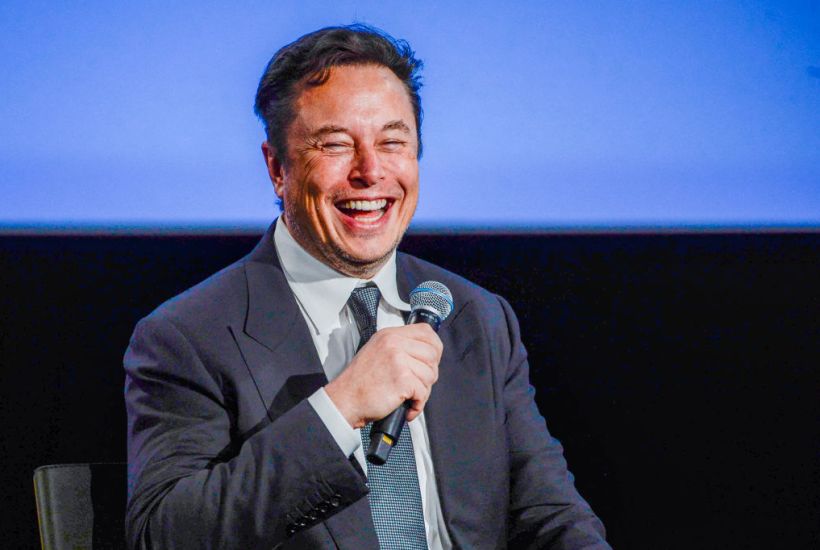

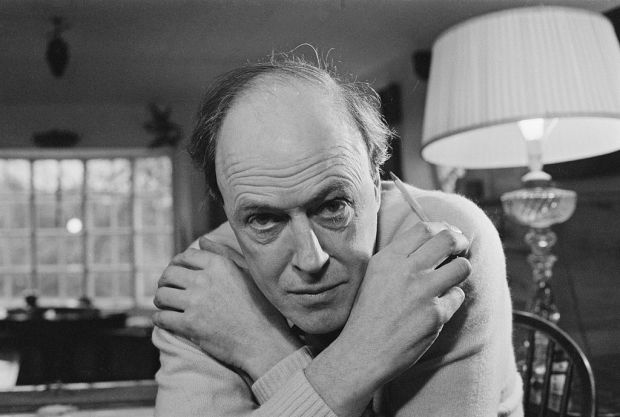










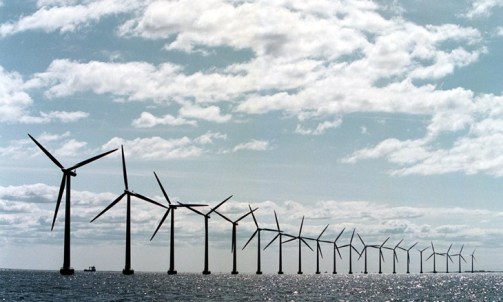
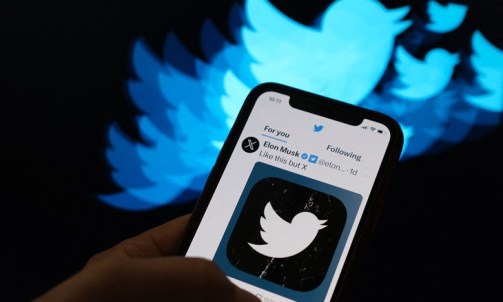
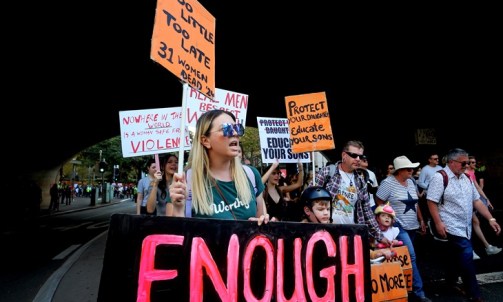


Comments
Don't miss out
Join the conversation with other Spectator Australia readers. Subscribe to leave a comment.
SUBSCRIBEAlready a subscriber? Log in